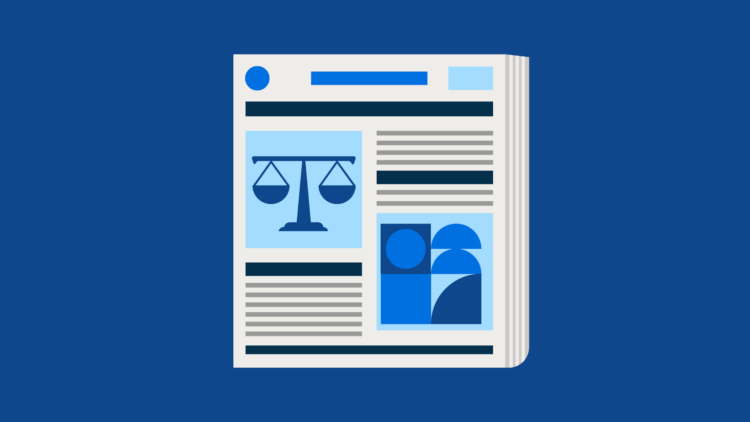Frequently Asked Questions
What happens if a motion for default is granted?
If a motion for default is granted, it means that the court has determined that the opposing party has failed to respond or take action within the required time frame. As a result, a default judgment may be entered in favor of the party who filed the motion, which typically means that they will be awarded the relief sought in their original complaint or petition.
Can a motion for default be contested or set aside?
Yes, a motion for default can be contested or set aside under certain circumstances. The opposing party may file a motion to set aside the default judgment if they can demonstrate a valid reason for their failure to respond or take action within the required time frame, such as excusable neglect or mistake. The court will then evaluate the merits of the motion and decide whether to set aside the default judgment.

The 2023 Legal Trends Report
Dive into this data-driven analysis and gain valuable insights on legal cloud technologies, evolving client expectations, state-by-state billing rate breakdowns, and more.





